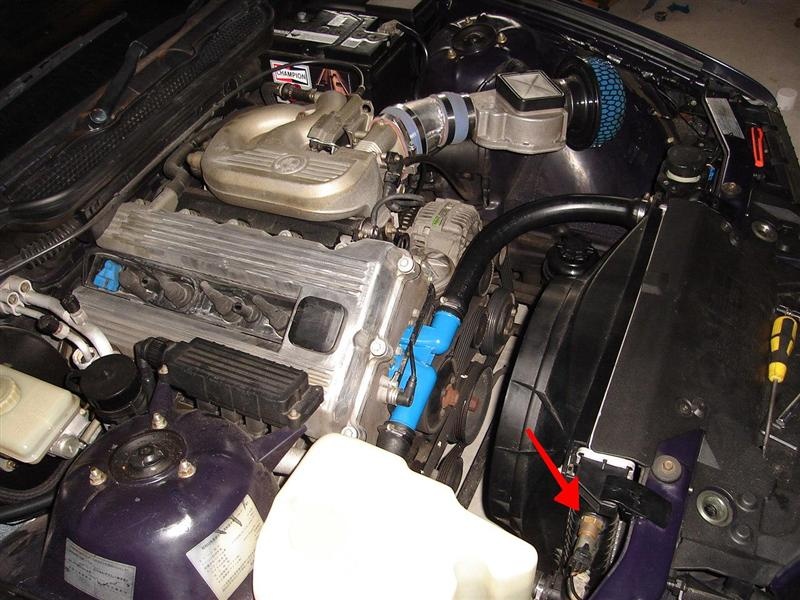Trick Features to Seek When Investing In an Engine for Automotive Applications
When thinking about the purchase of an engine for automotive applications, numerous vital features necessitate careful evaluation to guarantee optimum efficiency and capability. From power and performance capabilities to fuel adherence, efficiency, and longevity to discharges requirements, each facet plays a crucial duty in identifying the engine's viability for details automotive needs.
Power and Performance
When selecting an automotive engine, buyers focus on power and efficiency to guarantee optimal driving experience and performance. The power output of an engine, frequently measured in horsepower (HP) or kilowatts (kW), determines the acceleration, top rate, and overall abilities of a lorry. Higher power ratings normally cause quicker acceleration and better performance, specifically throughout overtaking or lugging hefty tons. Efficiency, on the other hand, encompasses a wider range of characteristics, including fuel performance, discharges, reliability, and overall driving characteristics. A well-performing engine not only delivers power successfully but also runs smoothly across various speed arrays and driving problems.
Additionally, aspects such as engine displacement, hybrid, and turbocharging modern technologies play substantial roles in improving both power and efficiency degrees. Inevitably, choosing an engine that uses a potent mix of power and efficiency guarantees a reliable and satisfying driving experience.
Gas Effectiveness
Maximizing fuel effectiveness is a vital factor to consider for consumers when evaluating automotive engine options. The performance of an engine directly affects operating costs and ecological footprint. One crucial variable influencing gas effectiveness is the engine's layout and technology. Modern engines with features like straight gas shot, turbocharging, and variable shutoff timing can significantly boost gas effectiveness by enhancing combustion procedures and lowering energy loss. Additionally, the general weight of the engine and car, along with the aerodynamics, play vital duties in establishing gas intake.

Sturdiness and Reliability
Accomplishing long-lasting efficiency and reputable operation is necessary for consumers assessing the toughness and integrity of automobile engines. When considering an engine for vehicle applications, longevity describes the engine's capability to hold up against wear, stress, and extreme operating conditions over a prolonged period. Reliability, on the various other hand, indicates that the engine can constantly perform its desired function without unanticipated malfunctions or failures.
Consumers need to seek engines built with high-quality products and accurate design to make certain long life. Components such as crankshafts, bearings, and pistons should be durable to deal with the engine's power result without premature wear. Furthermore, engines geared up with innovative air why not check here conditioning systems, efficient lubrication, and durable filtration mechanisms have a tendency to exhibit greater degrees of dependability.
Regular upkeep and adherence to producer recommendations are likewise important consider protecting an engine's sturdiness and integrity. By following upkeep timetables, utilizing advised liquids, and addressing any kind of concerns without delay, customers can make the most of the lifespan and efficiency of their vehicle engines. Inevitably, prioritizing longevity and integrity in engine selection can cause a more satisfying ownership experience with less unexpected interruptions.
Emissions Conformity
Guaranteeing compliance with exhausts policies is an essential element of assessing vehicle engines for eco mindful customers. With boosting problems regarding air quality and environmental impact, strict discharges criteria have actually been established around the world to lower hazardous toxins launched into the environment. When purchasing an engine for vehicle applications, it is vital to consider its emissions conformity to lessen the carbon impact and adhere to legal requirements.
Modern engines are geared up with innovative emission control modern technologies such as catalytic converters, exhaust gas recirculation (EGR) systems, and discerning catalytic reduction (SCR) to reduce harmful exhaust gases like nitrogen oxides (NOx), carbon monoxide gas (CO), and hydrocarbons (HC) These systems play an essential function in guaranteeing that the engine satisfies the defined exhausts standards and operates within allowable limits.

Cost-effectiveness
When considering automobile engine purchases, evaluating cost-effectiveness is vital for consumers seeking both performance and worth. Cost-effectiveness in engine purchase includes greater than just the initial purchase rate. It includes the overall costs connected to maintenance, gas consumption, and possible repairs over the engine's lifespan. Going with an engine that supplies a balance between long-term savings and upfront prices can result in substantial advantages for the customer.
Engines that are developed to optimize fuel economic climate can lead to substantial cost web savings over time, particularly for people that drive regularly or over lengthy distances. bmw 318ti. In addition, considering the accessibility and price of spare parts and maintenance can contribute to the general cost-effectiveness of an engine.

Final Thought
In conclusion, when buying an engine for vehicle applications, it is vital to think about key functions such as power and efficiency, gas toughness, reliability and efficiency, exhausts compliance, and cost-effectiveness. These variables are vital in guaranteeing that the engine fulfills the requirements of the lorry and operates efficiently in different driving conditions - bmw 318ti. Making a notified choice based upon these criteria will ultimately lead to a effective and effective automobile engine acquisition
From power and efficiency abilities to fuel effectiveness, toughness, and adherence to discharges criteria, each facet plays an essential function in determining the engine's viability for certain automobile requirements. Engines developed to run on alternative gas such as electric power, hybrid systems, or biofuels can offer improved gas economic situation and lower exhausts compared to standard gasoline or diesel engines. Customers should meticulously consider the gas performance rankings and technologies integrated into vehicle engines to make enlightened buying choices that line up with their priorities for price financial savings and sustainability.
When thinking about an engine for vehicle applications, resilience refers to the engine's ability to hold up against wear, stress and anxiety, and rough operating problems over a prolonged period.In conclusion, when purchasing an engine for vehicle applications, it is vital to take into consideration vital features such as power and performance, gas sturdiness, reliability and performance, exhausts conformity, and cost-effectiveness.
Comments on “BMW 318ti: A Comprehensive Guide to This Compact Powerhouse”